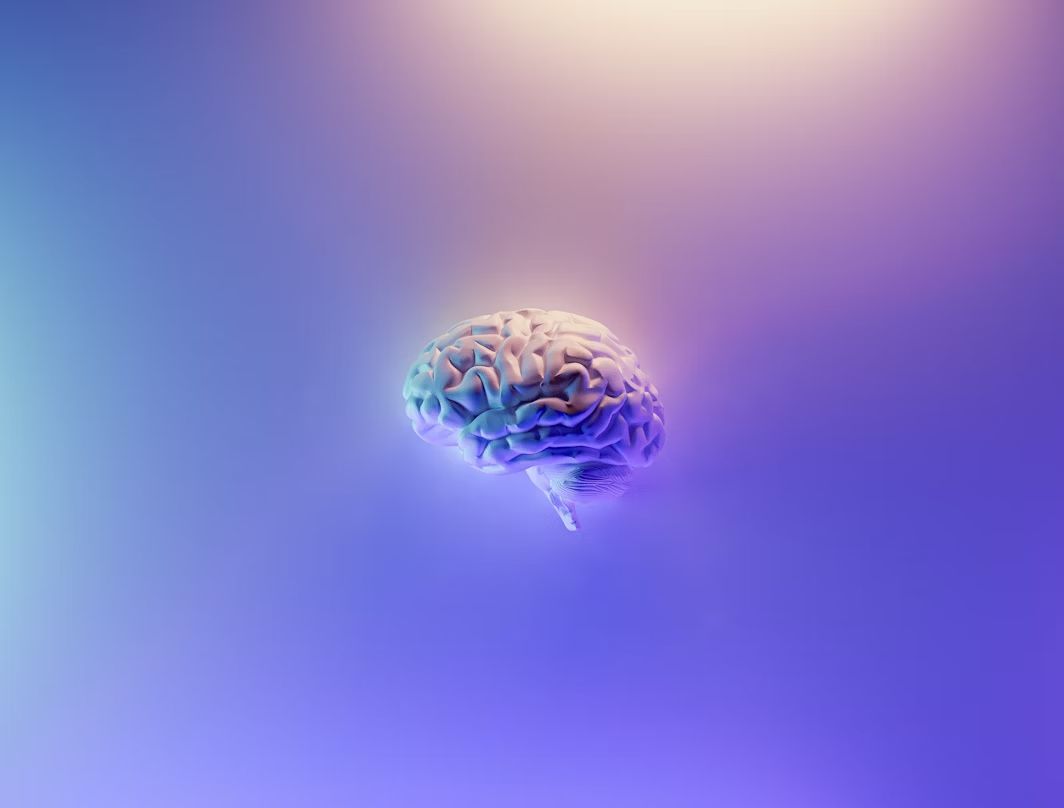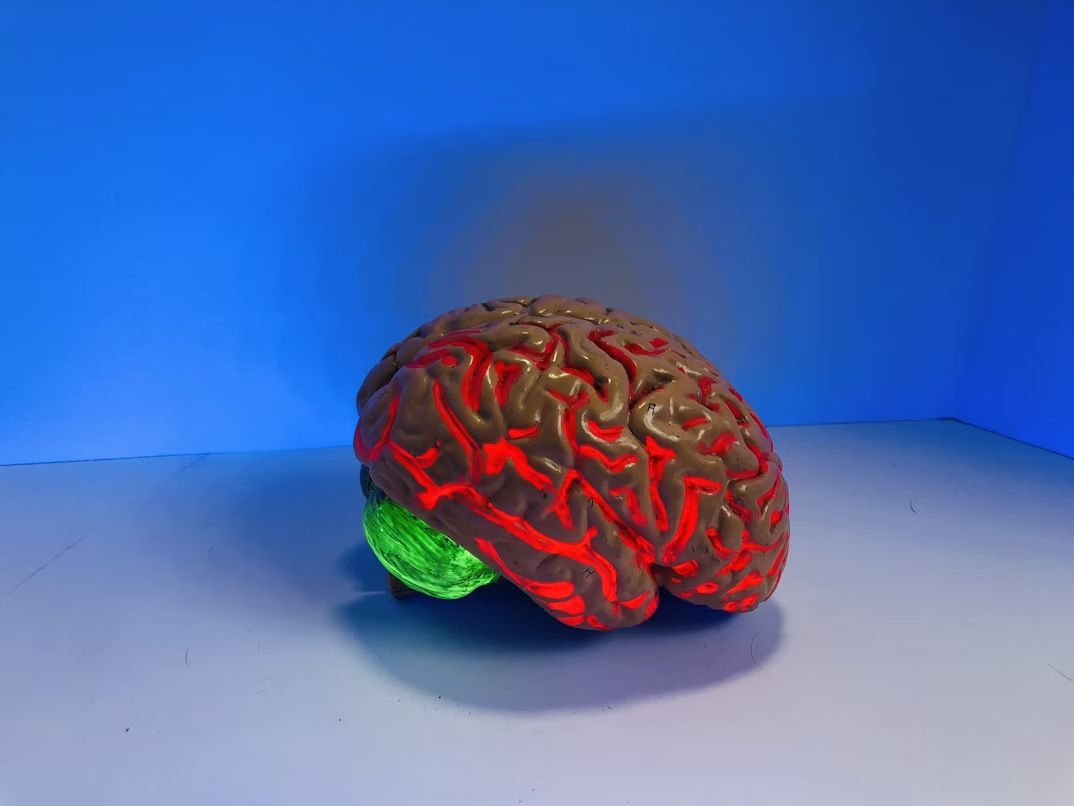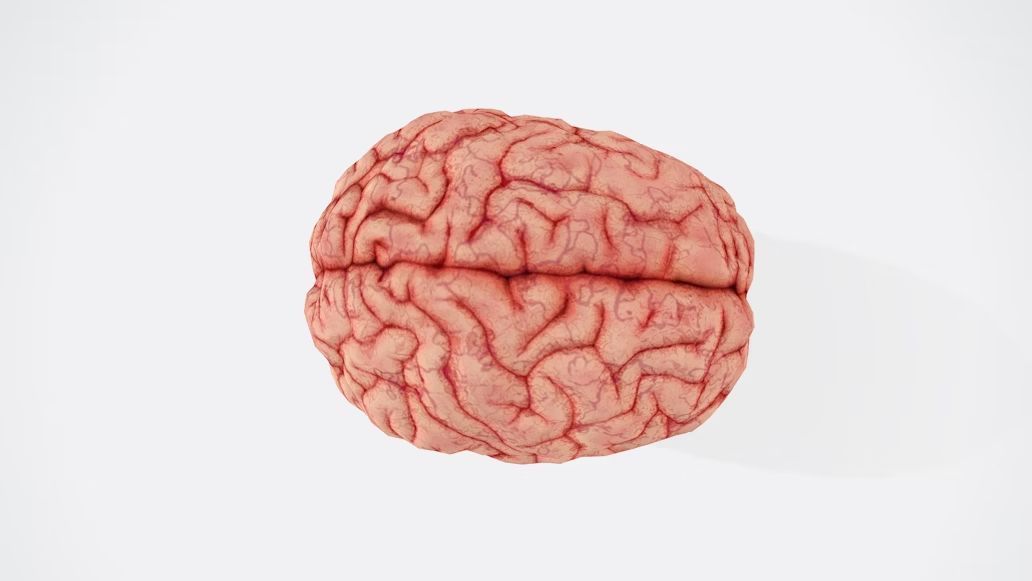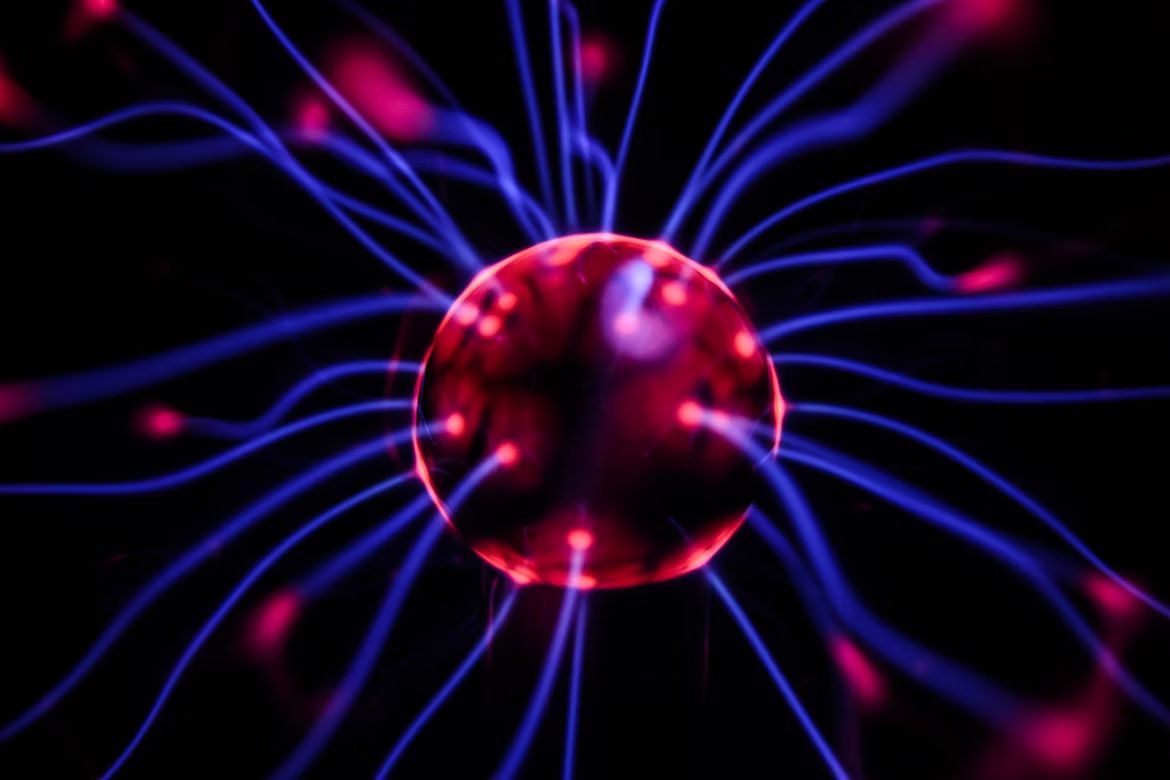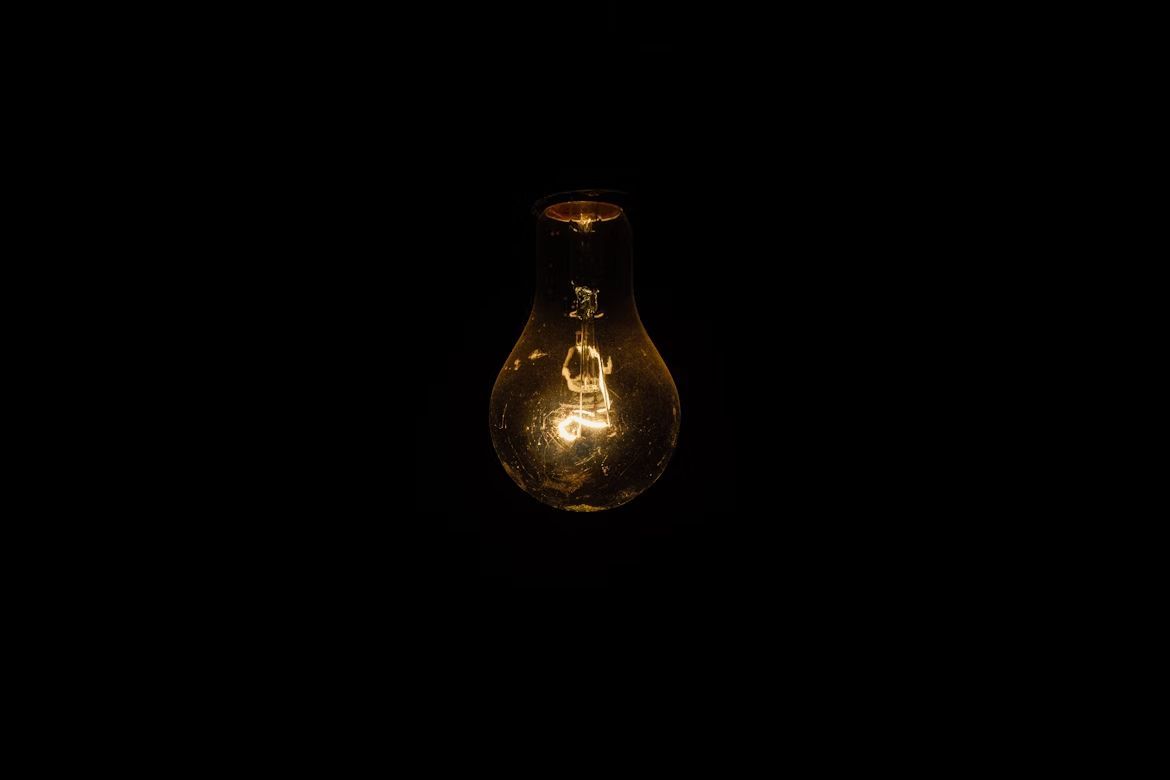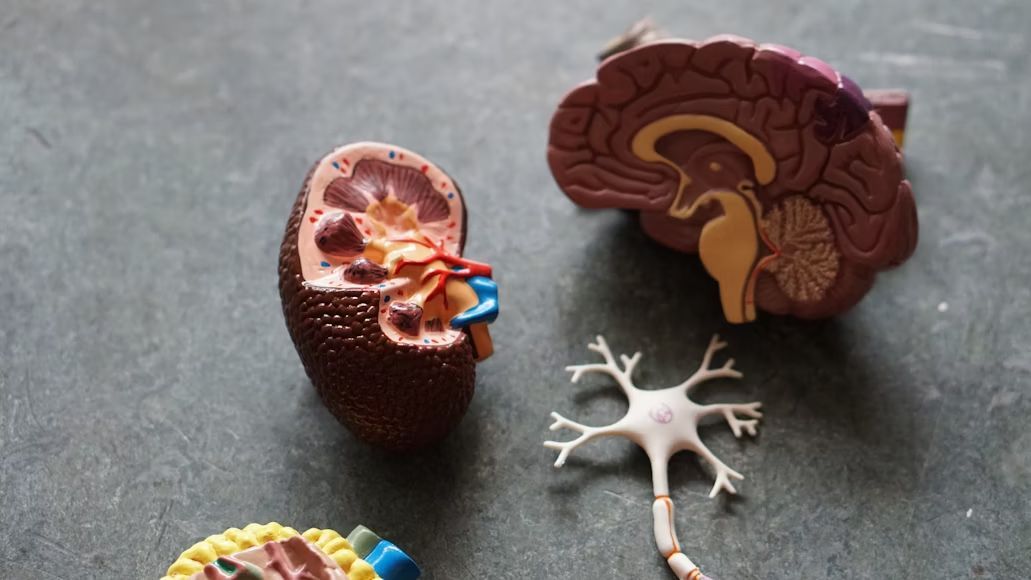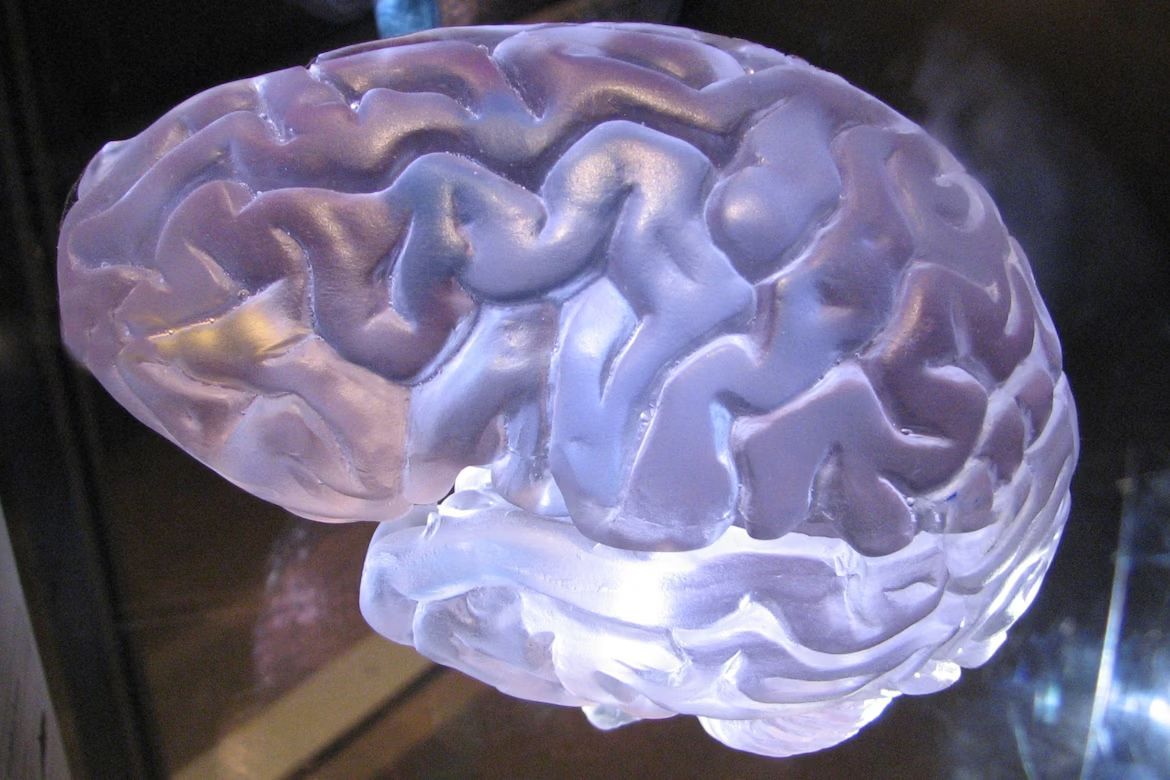A bulldozer is not a bull
Once you see it, you’ll never unsee it! 12 strange compound words
Published on September 17, 2025
 Credit: Glen Carrie
Credit: Glen Carrie
Compound words are everywhere in English, but sometimes their meanings take a weird turn. You’d think an eggplant might have something to do with eggs, or that quicksand would help you move quickly, but that is not the case. Have you ever thought about these 12 words and their meanings?
Hangover
 Credit: Sander Sammy
Credit: Sander Sammy
A hangover is a severe headache combined with other after-effects caused by drinking an excess of alcohol. It has nothing to do with "hanging" or being "over" anything, in any possible way.
Quicksand
 Credit: Nic Y-C
Credit: Nic Y-C
Possibly due to cartoons and action movies, quicksand is a concept that is much more prevalent during childhood than during our adult lives. We do know, however, that while it does involve "sand," it is nothing but "quick."
Eggplant
 Credit: Deon Black
Credit: Deon Black
The compound word is formed by "egg" and "plant," but whoever saw a resemblance between the vegetable known as eggplant and an actual egg had a vast imagination.
Boxing ring
 Credit: Joel Muniz
Credit: Joel Muniz
A boxing ring is a space where a boxing match occurs. This space is most usually not a ring, but a square, with fighters using a corner as their home base.
Backlog
 Credit: GABRIEL CARVALHO
Credit: GABRIEL CARVALHO
The term "backlog" specifically refers to work or tasks that have accumulated and are awaiting completion, often due to being postponed.
The words "back" and "log" individually do not represent what an actual backlog is in any way.
Skyscraper
 Credit: Sasha Kaunas
Credit: Sasha Kaunas
The words "sky" and "scrape" on their own don't convey the meaning of a tall building. But when combined as "skyscraper," they describe a structure so tall it seems to touch or scrape the sky.
A skyscraper refers to a very tall building, typically one that stands out in the skyline due to its impressive height.
Honeymoon
 Credit: Fernando Gago
Credit: Fernando Gago
The words "honey" and "moon" have separate meanings, but together they form "honeymoon," which refers to a special time of romantic bliss.
A honeymoon typically refers to the early weeks of marriage, often spent in a relaxing or celebratory getaway to mark the start of a new chapter.
Earwig
 Credit: Melanimarfeld
Credit: Melanimarfeld
An earwig is a small insect with two curved, pointed parts at the back end of its body, known as pincers.
However, the words "ear" and "wig," as two separate entities, do not convey the same meaning. At all.
Ladybug
 Credit: Vincent van Zalinge
Credit: Vincent van Zalinge
A ladybird, also known as a ladybug, is a small, red beetle that is round and has black spots on its back. This familiar insect is, indeed, a "bug," but it has nothing to do with a "lady."
Butterfly
 Credit: Fleur
Credit: Fleur
The third and last insect on the list is the butterfly, which, as a compound word, does not make much sense since a butterfly is neither a "fly" nor "butter."
Understanding
 Credit: Rock Staar
Credit: Rock Staar
An understanding is the way in which a particular piece of knowledge is thought about. However, understanding has nothing to do with "standing" or with "under" either.
Pineapple
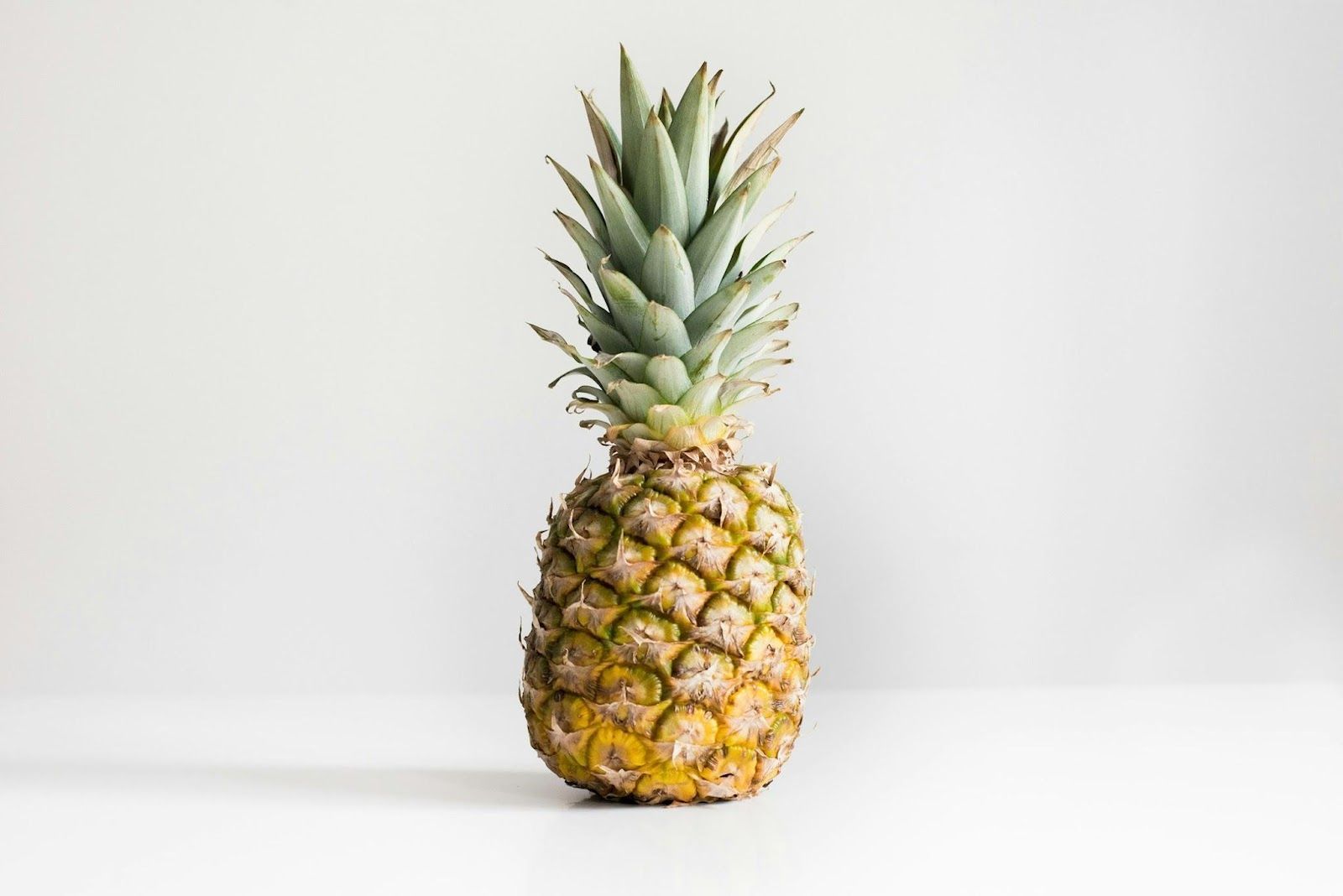 Credit: Julien Pianetti
Credit: Julien Pianetti
It is not an "apple," and it is most definitely not a "pine." But if we look at the separate words that make up the compound word "pineapple," it sometimes seems to suggest it.
